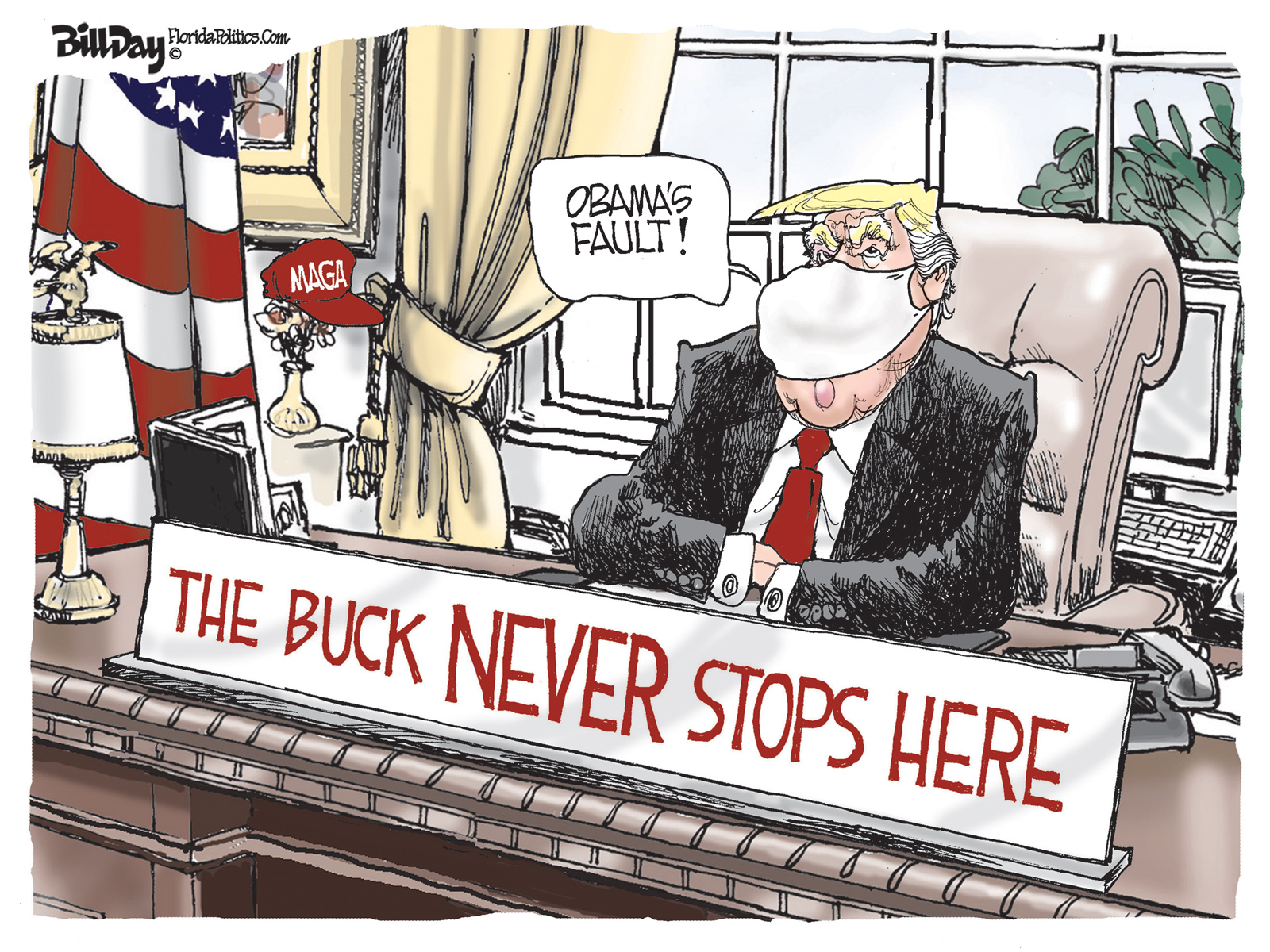Kip Bergstrom, executive director of the Rhode Island Economic Policy Council, is one of the smartest people we know, and no one bears more listening to.
“Leadership is about telling stories,” he said to this year’s class of Leadership Memphis.
We were reminded of his advice in light of our past week’s discussion about great mayors, because in his job, Mr. Bergstrom works with one of them, Providence Mayor David Cicilline.
Turn-around
In recent years, Providence has made impressive strides in turning around the city, reducing crime, reforming government, using technology to track public services and more. The Rhode Island Economic Policy Council helps to set the agenda for the city through its work as honest broker of economic development data and as a think tank identifying emerging trends affecting Providence.
“We tell stories using data,” said Mr. Bergstrom, heading up an organization with an uncanny ability to find just the right data to modulate Providence’s courses of action. “The right kind of story at the right time can make organizations – and cities – vulnerable to new ideas. Story telling is one of the best ways to change a city.”
In his position, he concentrates on three priorities: 1) improving the business climate, 2) enhancing quality of place, and 3) increasing change for innovation.
Play To Win
But he acknowledges that every city should be working on these goals so they do nothing to differentiate Providence. “These days too many cities play not to lose, rather than playing to win,” he said. We’re figuring out what we need to play and then we figure out what we need to do to win.”
Cities need to take a Wayne Gretzky approach to its economic growth. He said when the ice hockey legend was asked the secret to his success, his answer was, “‘Some skate to where the puck is. I skate to where the puck will be.’ Cities that succeed are skating to where the puck is, and today, that means they are creating an ethos of innovation.”
Like Memphis, Providence faces challenges with the performance of its public schools. “In K-12, the schools are doing exactly what they were designed to do – creating an industrial workforce. The only problem: there is no industrial economy, but we’re still educating graduates for jobs that don’t exist any more.”
Innovate Or Die
That’s why the mantra for cities today is “innovate or face precipitous decline.” He said that Memphis Bioworks Foundation’s success in marrying medical devices with logistics is a well-known national model of innovation.
“Cities that have innovation-ready workers will succeed,” Mr. Bergstrom said. “The end game is for our workers to develop skills so they can offload rules work to free up pattern recognition skills.”
In advice particularly relevant to Memphis, he said that the frontline workers on which the service economy is built must be the focus of innovation strategies. “After all, they are delivering the experience for our customers,” he said.
Immigrants
Because growth of the national economy is being driven by immigration, he said that “The first city to figure out the ways to turn immigrants into knowledge workers win the game. Is there any reason this shouldn’t be Memphis or Providence?”
One potential trouble spot is the “collision course between low literacy Latinos and the innovation economy.”
Another issue of importance is regionalism, because regional answers are needed for the toughest problems facing urban areas. However, he cautions that regionalism is not the magic cure for all that ails cities.
“The beginning of regionalism is not the end of rivalry,” he said. “Rivalry can be good for a region. Regions gain consciousness from outside in. In other worse, Boston will not ‘get’ the region first. Providence will.”
Questions
So, if the theme of Mr. Bergstrom’s message is that leaders tell stories and innovation is the key to whether cities succeed, it leaves us with some deafening questions:
Why are our stories about snakes and sex plots?
Who is best able to tell the kinds of story that can inspire Memphians and promise the
best hope of success for Memphis?
Who understands and is prepared to lead a city of innovation?



